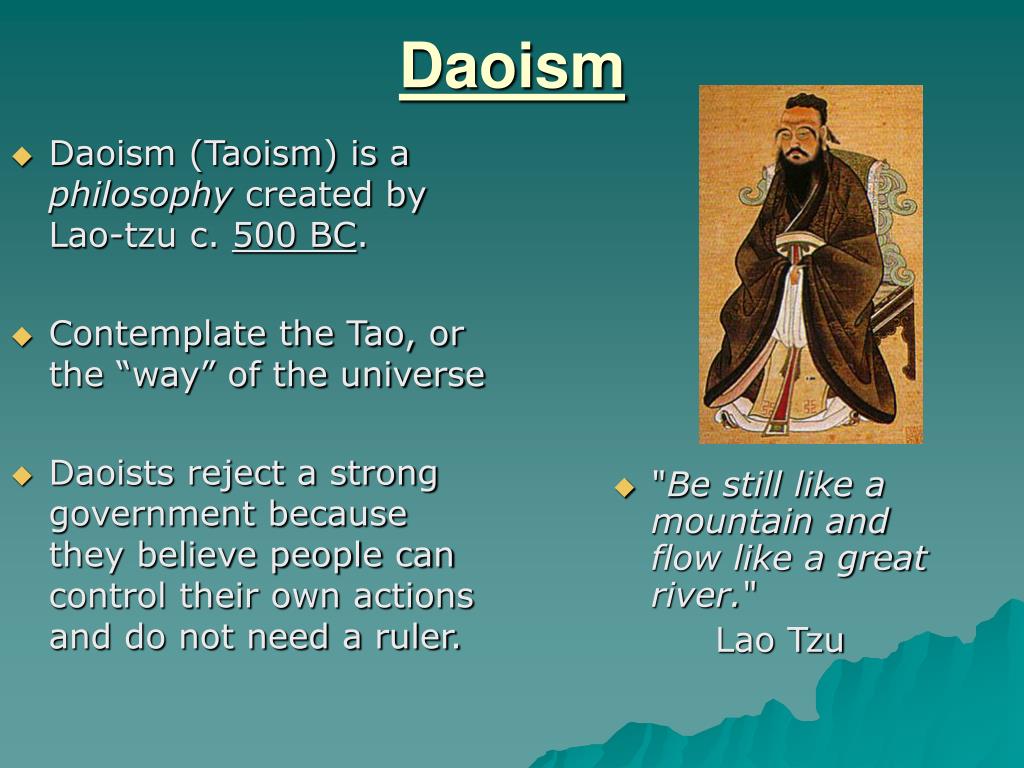
In ‘Emergence and Incremental Impact’, I argued (contra Kingston and Sinnott-Armstrong) that emergent properties do nothing to undermine the basic case for individual impact: they’re just another kind of threshold case, and thresholds are compatible with difference-making increments.In that old post, I assumed counterfactual determinacy to make the case for there being some precise increment(s) that make a difference whenever a collection of increments together does. But while revising my paper on collective harm, it occurred to me that the case becomes much more clear-cut when made in terms of probabilities.Consider. Kingston & Sinnott-Armstrong object (p.179):[T]he expected disvalue approach requires that the probability of dangerous events can themselves be increased (minutely) by the addition of relatively tiny emissions. But why should we assume this? … Emergence affects probability as it does other properties. While adding oil to an engine reduces the probability of a moving part failing, it is implausible that adding a molecule of oil reduces that probability of failure by 1/10^25.Why is this implausible? Suppose that adding a large drop of oil containing 10^23 molecules would reduce the probability of engine failure by at least 1/100. Now consider the sequence of possible futures M[n] that consist in adding precisely n molecules of oil to the engine. By our initial supposition, the probability of engine failure in M[10^23] is at least 1/100 less than in M[0]. But then it’s logically impossible to assign probabilities of engine failure to each intermediate state in the sequence without some of those values in adjacent states differing by at least 1/10^25. …Of course, it may well be that adding only the first molecule of oil would indeed have a much lower than average chance of making a difference. But even if so, this merely ensures that some other increments–namely, those in the threshold vicinity–have a correspondingly. . .
News source: Philosophy, et cetera
Post Views: 265






